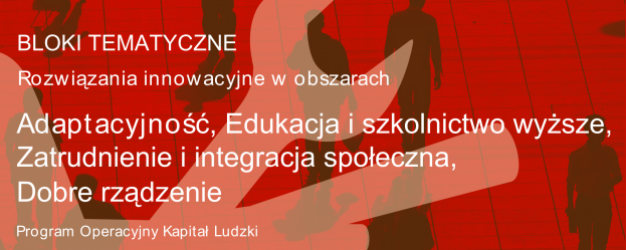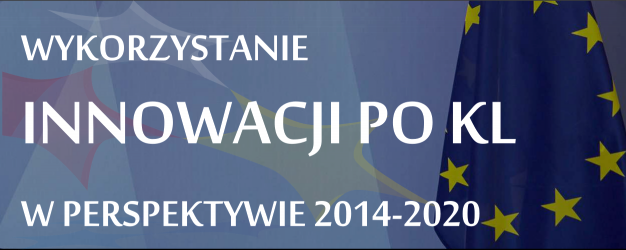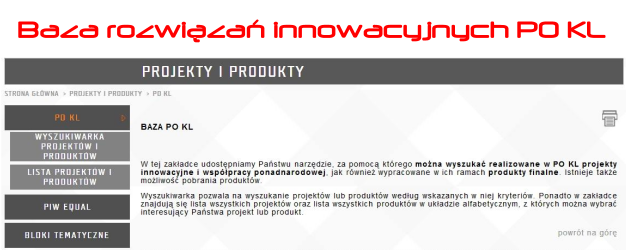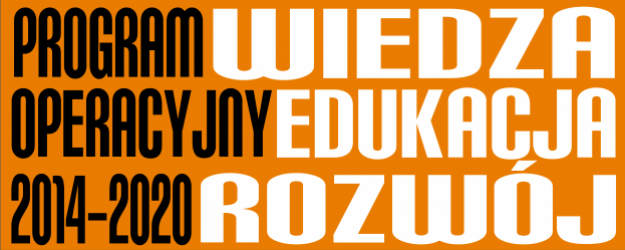Older Persons as an Economic Resource in Eastern European Triangle Belarus-Lithuania-Poland...
Name of institution: European Humanities University
Type of the organization: - University, research institution
Thematic scope of the project: - Access to employment and social inclusion
- Education and training
Problems to be solved (justification of the need of the transnational cooperation): The UN states that today “population ageing is unprecedented, without parallel in human history—and the twenty-first century will witness even more rapid ageing than did the century just past.” It is a global phenomenon affecting every man, woman and child. But countries are at very different stages of the process, and the pace of change differs greatly. Countries that started the process later will have less time to adjust. The experience and success of the efforts of different countries to adjust also varies.
Belarus, Lithuania and Poland, having a common cultural-historical background. At the same time, they each have different experiences in their attempts to address the social and economic challenges created by the ageing of their populations. Through an exchange of experiences in such fields as employment policy, social policy and education policy, scholars and experts from this triangle of countries will critically evaluate measures already taken and develop a set of new steps aimed at social and economic inclusion of older citizens. It is important to provide a scientific basis for the clarification of age-specific differences in attitudes towards employment, social and education policy, as well as recommendations for more inclusive policies and approaches with relevant research on three levels: cultural (anthropological), institutional and individual.
Objectives to be achieved: The main objective of the proposed transnational cooperation project is to develop a new regional vision for an ageing society and, on that basis, to elaborate concrete recommendations for new regional initiatives on this issue with regard to employment, social and education policy. Special attention will be paid to new ideas and their implementation within the framework of “lifelong learning” strategies that enable and enhance the active participation of older persons in a knowledge-based economy.
Main transnational activities (as provisionally planned, to be confirmed with partners): a) analysis of the results of the last ten years’ regional experience in policy-making regarding social and economic inclusion of older persons; discussion of perspectives on solutions developed and implemented in each country in the triangle;b) investigation of culturally-defined patterns and mechanisms of generational sequences and generational succession in the family and on the labour market; c) examination of how these patterns are institutionally supported from the local perspective and socially and economically affected by the global one;d) inquiring into how and to what extent liberalization of society in each country influences age-specific values of autonomy;e) clarification of methodological foundations and elaboration of the most effective ways of education and training for older persons;f) elaboration of concrete recommendations for new regional initiatives (especially educational) that would enable and enhance the social and economic inclusion of older persons.
Planned deliverables & outcomes of TNC: Depending of the activities and project phases, main outputs of the project would include:1) new empirical data (on the basis of a sociological survey and in-depth anthropological interviews);2) a regional (comparative) report on the problems concerned;3) organization of two cross-disciplinary research seminars per year;4) organization of two workshops per year devoted to policy issues (consulting, exchange of experience, etc.);5) organization of three public “roundtable” discussions—one in each country;6) organization of a concluding conference;7) preparation and publication of studies (incl. empirical data);8) a publication presenting all significant research results and practical recommendations elaborated within the framework of the project;9) a project website
Project outcomes: 1) a transnational (regional) community which consists of both policy experts and scholars that will, through analysis and relevant practical recommendations, contribute to the development and implementation of a policy of social and economic inclusion of older persons;2) regional dissemination of new educational initiatives for older persons; corresponding implementation of new methods of age-specific training and education based on a scientifically rigorous analysis of individual, cultural and global preconditions for a lifelong learning strategy and the inclusion of older persons;3) transformation of the institutional sphere, including reformation of institutional practices supporting traditional patterns of intergenerational relations; creation and invention of new institutions and practices enhancing and diversifying the contributions of older citizens to social and economic development in their countries;4) increased sense of responsibility for effective the development of a policy of social and economic inclusion of older persons, both on individual and the institutional levels.
Target group: - Administration (public entities including Public Employment services, education and training institutions)
- Older persons (over 50 years old)
- NGOs
Stage of the implementation: Project Idea (projects in preparation phase without grant awarded)
Budget of the project in EUR: 252000
Budget of transnational activities in EUR: 252000
Duration of the project from (dd/mm/yyyy) to (dd/mm/yyyy): 24 months (from January 2012)
Duration of transnational activities within the project from (dd/mm/yyyy) to (dd/mm/yyyy): 24 months (from January 2012)
Contact person: Igor Ivenkov, Special Projects Coordinator







